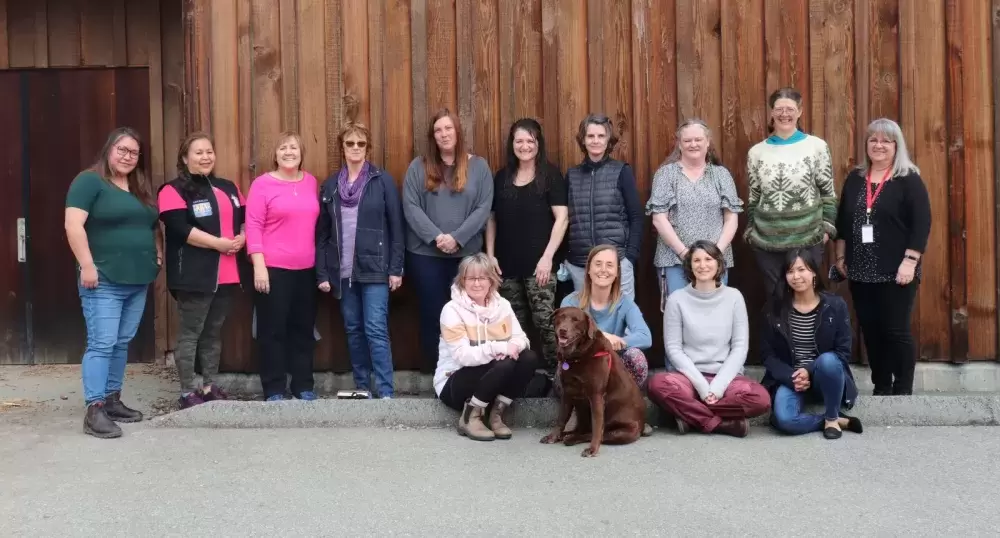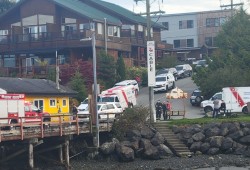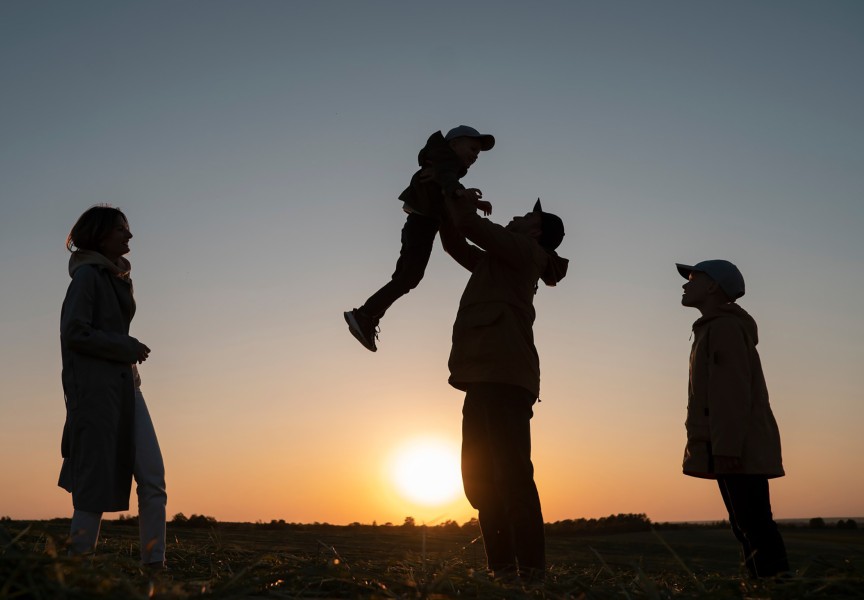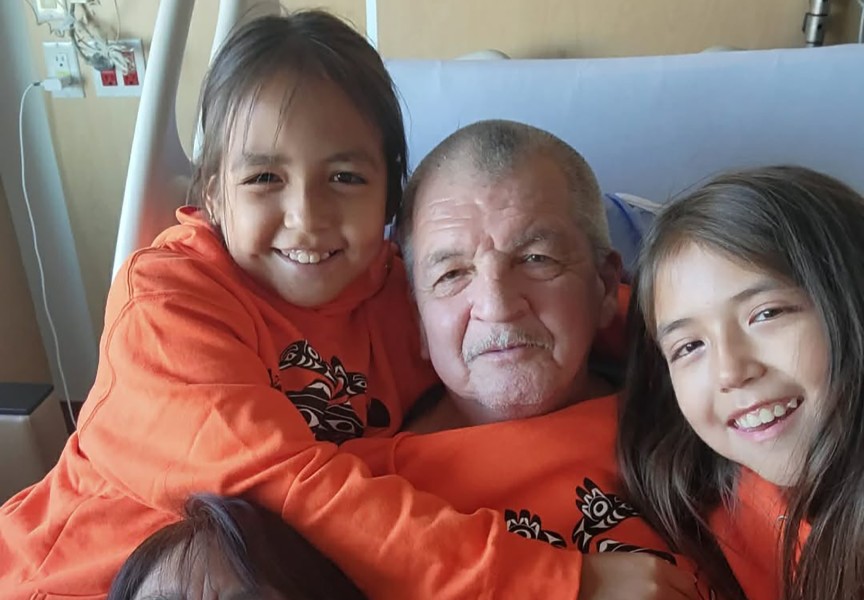Nurses highly trained to assist others in crisis suddenly found themselves helping fellow nurses on the dock in Tofino one afternoon last fall.
Skipper Chris Frank was returning to Tofino with passengers from Ahousaht when a floatplane attempting to land suddenly collided with the Rocky Pass.
“We got word that nurses were supposed to be on that boat,” recalled Catherine Gislason, acting nursing manager at NTC.
“The boat had two of our nurses aboard,” she added. “They were both hurt. Both had soft-tissue damage and head injuries.”
The second floatplane crash in the busy harbour in a matter of months, it could have been tragic if not for swift action by witnesses nearby.
Community nurses who assisted in the crash response knew the victims, Gislason said.
“These are their comrades and these people are being brought in on stretchers,” Gislason said.
After two difficult years of combatting COVID, a series of accidents in 2021 piled on more stressors for the small nursing team that serves Nuu-chah-nulth communities. The two nurses involved in the harbour collision remain on leave, partly explaining why NTC’s community nursing team is shorthanded, a dozen instead of the usual team of 20.
While they have different levels of responsibility and their practice encompasses one of the most sparsely populated regions of B.C., far from crowded ERs and acute care centres, community nurses face symptoms common to the profession — fatigue, burnout and anxiety. A nursing shortage complicates matters. Finding housing can be a challenge, but often there simply aren’t nurses available to recruit.
“We have a posting up, as we speak, and positions not filled,” Gislason said. “There is one nurse in the northern region currently serving three First Nations — Mowachaht/Muchalaht, Nuchatlaht and Ehattesaht. Nurses from other areas have been filling in.”
Nursing across the province is under strain as the pandemic and overdose crisis, now in its sixth year, drag on. The problem has grown so severe the B.C. Nurses Union has launched a campaign to rally public support for greater measures to address nurses’ mental health.
The strain was already showing in 2015 when a survey of union members found 45 percent reporting high levels of emotional exhaustion. Forty per cent intended to leave their jobs within a year. Seven years later, the figures are creeping higher.
“The current situation in our health-care system is truly heartbreaking,” said BCNU President Aman Grewal. “More than three-quarters of nurses have told us their mental health has worsened during the pandemic; and over half have stated their physical health has deteriorated as well.”
Grewal said the chronic shortage of nurses in the province, decades in the making, has worsened in the last two years. In some cases, rural ERs and acute care centres have nowhere near enough staff to properly function. As with the NTC community nurses, there has been a cumulative effect.
“They are tired,” Grewal said.
“Their workload is heavy, and they’re just burned out,” she added. “They had been dealing with staff shortages, but it has just come to a head.”
Too often, a work/life balance is missing due to overwork, she said.
“Our numbers are low, and we need to be doing more recruitment, but also more retention,” Grewal said. “We need to find out why more nurses are leaving the profession.”
The provincial government’s own labour market outlook predicts a need for 26,000 new nurses in the province by 2031, Grewal noted. Health Minister Adrian Dix said the province has led the country in registering new nurses and invested millions to hire more surgical nurses and long-term care aides. Last month, the province announced plans to streamline certification for internationally trained nurses. As well, 602 new nursing seats are being added for training.
“We are hoping that is in process,” Grewal said. “We’re looking forward to more announcements. That is one ask, create more seats and more seats for nurse educators as well. Also, what we want is mentors.”
As it stands, nurse mentors have to do their mentoring on top of their regular nursing duties instead of having dedicated positions.
Community nurses differ from those in hospitals and clinics — they have a unique practice and different levels of responsibility in relation to the communities they serve — but they have met similar challenges during the pandemic. Travelling to remote communities, sometimes in adverse weather, is part of the job description. There are other distinctions, too. There is no fallback support even when circumstances may require it. Certain individuals rise to the challenge.
“Our nurses are quite passionate about what they do,” said Gislason, who leads the team. “They are embedded in the communities and will go that extra mile … That’s the kind of nurse we have here. They are dedicated.”
The NTC nursing framework is based on the relationship they build with people, a process that takes time, requiring more patient-focused care, building trust and listening closely.
“That is our basic nursing framework: We nurse the Nuu-chah-nulth way.”
Discovery of 215 unmarked graves a year ago at the former Kamloops residential school sent shock waves through Indigenous communities. There was a lot of emotional trauma triggered for survivors. Often community nurses are called upon to lend emotional support.
“Our nurses are the ones that have that relationship with people,” Gislason said. Those are hard truths to share, “so traumatic, very heavy.” They are seeing “compassion fatigue” among nurses and that can lead to burnout, she said.
“We’re trying to take care of ourselves,” Gislason added. “We do access services from mental health staff.”
Remarkably, despite the complex challenges confronting the profession, nursing still has an allure. There are 800 candidates on a wait list for 139 nursing seats at UBC.
“It’s the kind of work you can take anywhere. You can steer your career in any direction you choose,” Gislason said.
NTC often takes in nursing students from UBC doing their practicums.
“There are a special few who come out and say, ‘I just want to do what you’re doing.’
“The nurses we work with at NTC, once we get them embedded, they like the work … We all love our jobs; that’s why we’re doing it,” Gislason said.
Despite extraordinary demands, they are not seeing a decline in interest.
“You would think that’s a deterrent, but it’s also a calling,” Grewal said. “We’re hearing these stories, but there is an uptick of people wanting to go into the profession. You know, it is such a noble profession.”








